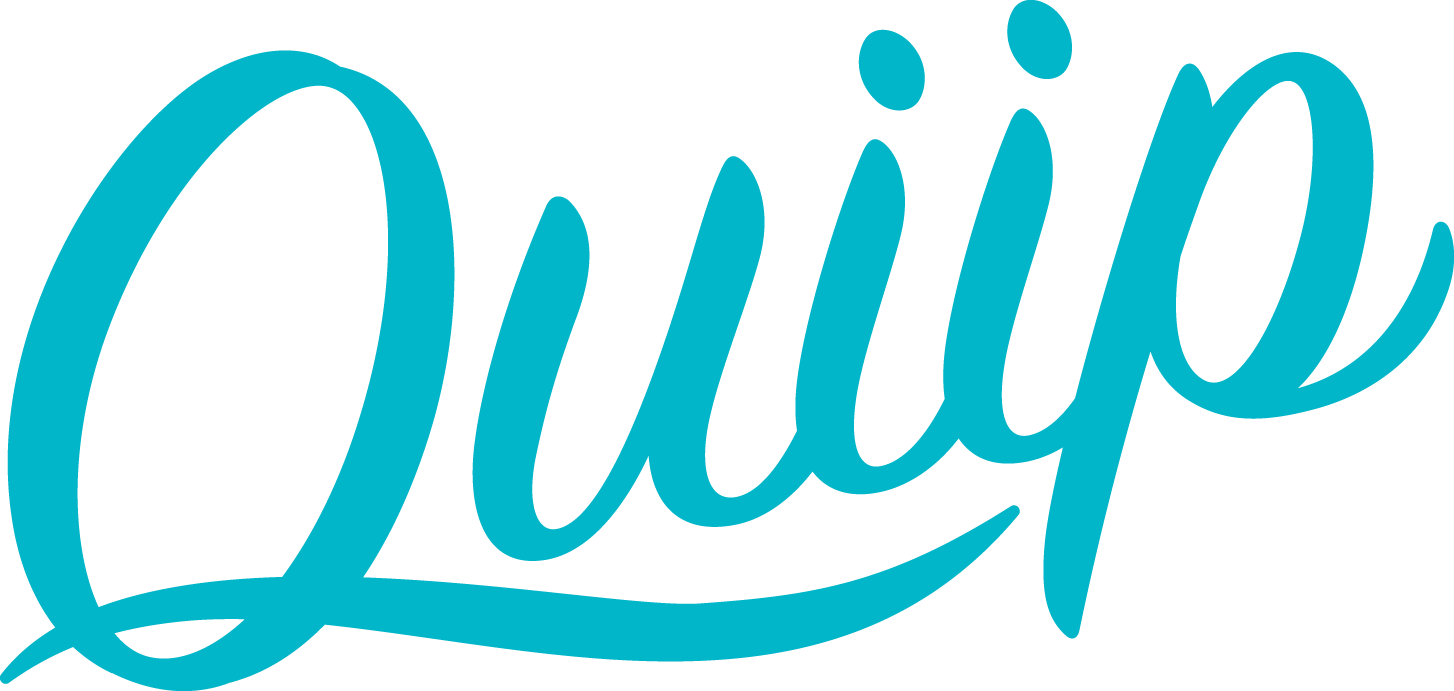The dark side of dark posts on Facebook
As community managers, moderating from the social media trenches, we are witnessing a concerning, but distinct, decline in the way people behave in the comments. After years of cultivating moderated spaces, it can be a frustrating experience. Read our tips on mitigating brand damage when utilising dark ads.
Seasoned community managers find ourselves in a frustrating position. Many of in the early 2010s diligently community managed and moderated our brand social media pages, creating little pockets of belonging and psychological safety on Facebook. Then Facebook started reducing organic reach forcing us to turn to paid activity. At first it wasn’t so bad, both organic and paid had a symbiotic role to play.
However in the past year, that small proportion of organic activity has become non-existent. Brands have been forced to turn to paid advertising, and those pockets of belonging and safety we’d created – sometimes painstakingly – amongst page followers didn’t transfer.
Dark posts involve publishing content in a target audience’s news feed, instead of your own public page where stronger governance and a sense of community may have been developed. These promoted posts look like standard feed content with a sponsored tag at the top of the post.
If you venture into the comments of any dark post (paid advertising that’s not a boost) you are likely to be met with misogyny, racism, transphobia, ableism, xenophobia, scams and conspiracy theories. And there’s almost always someone trying to sell you crypto.
For those of us that spend a lot of time on the original social media platforms; Twitter, Facebook and Instagram, the tide appears to be turning. Behaviours are changing. New platform leadership and governance is making already toxic online spaces worse. Some even say the era of Social Media is over. I don’t think we’re there yet. What I do know is that the level of brand risk is increasing. This is forcing brands to further resource moderation and management or weigh up if their social media presence is worth it.
Running Facebook dark ads without effective moderation and community management has the potential to cause brand damage, and negate the intended impact of the ad campaign. By ignoring comments you miss out on valuable opportunities to engage with your audience, members or customers.
For businesses faced with increasingly offensive comments on their Facebook dark ads, our advice is:
- Actively community manage. Steer the conversation in the right direction and praise positive contributions.
- Continually update your keyword filter. Every time a new offensive word slips through, make a note and add it to your watched words list in your page settings.
- Remove micro-aggressions before they build. Micro-aggressions are the comments that are borderline ok or have a slight offensive undertone. It’s often these borderline comments that open the flood gates for much more offensive comments.
- Moderate with intention. Remind people what is and isn’t appropriate and pin comments with the guidelines if necessary. Being clear about what is tolerated and following through with moderation action leads to overall better behaviour.
- Resource out of hours community management so that people aren’t left to go rogue in the comments over the weekend or holiday periods. Nobody wants to come into a mess of horrible comments left to fester in close proximity to their brand name on a Monday morning.
If you need some extra support moderating your social media channels, get in touch with Quiip. We provide 24/7 community management, moderation and strategic advice.
